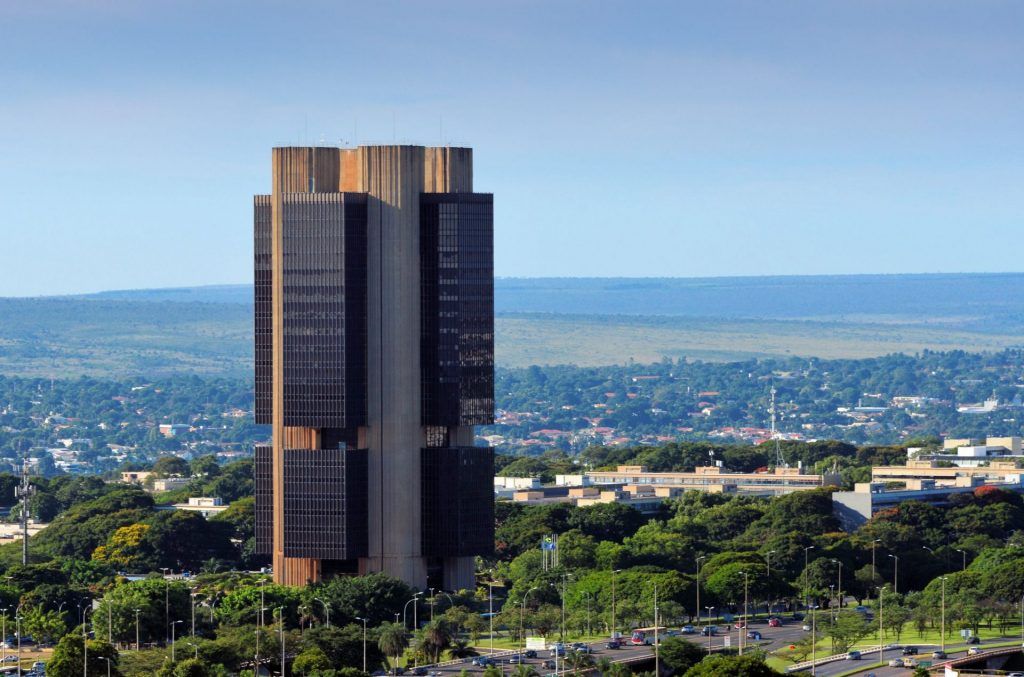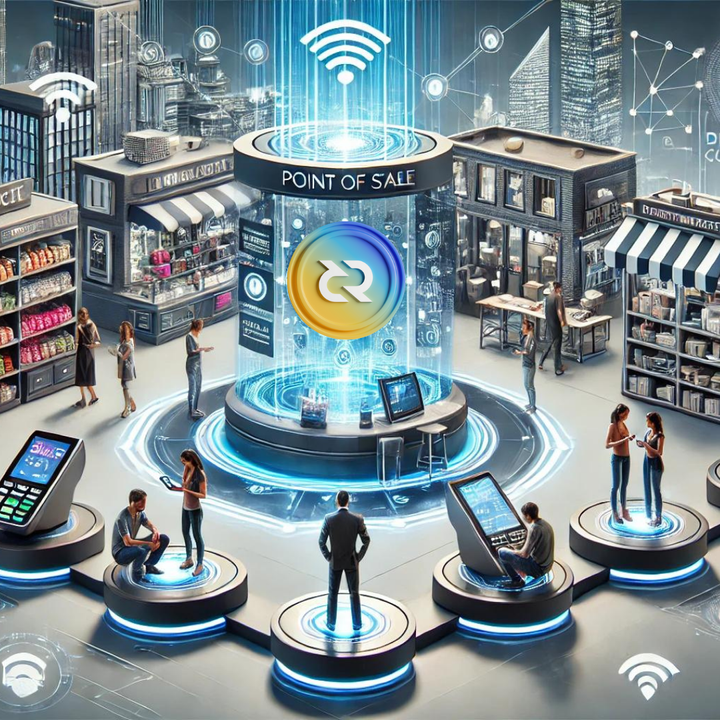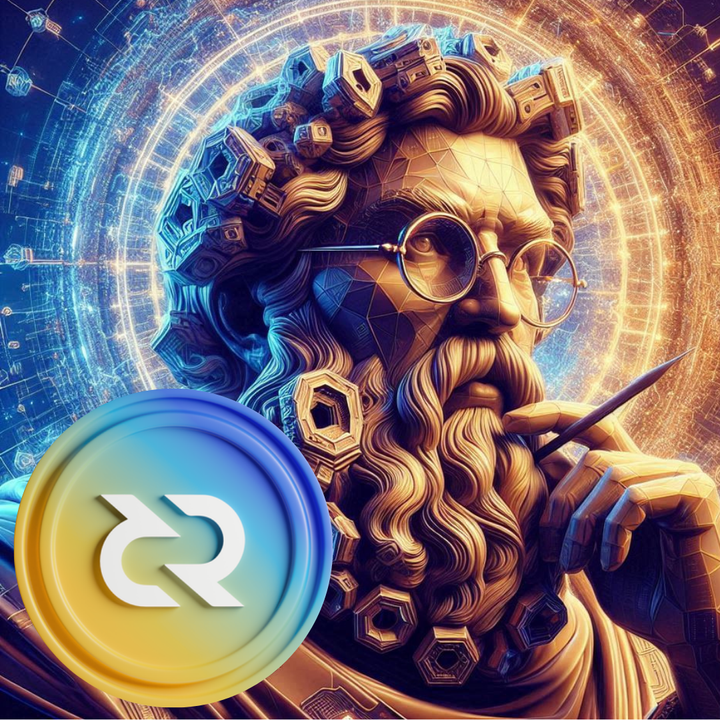Regulations that may be good for the relationship between the state and crypto. A non-aggressive approach to crypto inclusion.
On Wednesday (14th), the Brazilian President, Lula, signed a decree regulating the provision of virtual asset services by the Brazilian Central Bank. The document sets guidelines for the regulation and supervision of crypto companies and also the whole market. Eight months after the approval of Bill No.4.401, which regulates the Brazilian crypto market, the federal government has officially assigned the task to the Central Bank.

Bill No.4.401 text left open which regulatory body would oversee the market. Industry agents and specialists agreed that the Central Bank would be the best alternative. The signing of this decree by Lula was celebrated by crypto representatives. Many believe that Brazil has opened a window of opportunity since the United States is forming a regulatory siege against the sector.
The decree will come into effect on June 20, 2023. The expectation is that the regulation will bring greater legal certainty and stimulate the development of the sector in Brazil, reconciling technological innovation with investor and consumer protection.
"This was a great expectation of the sector. The regulation institutionalizes the practices that ABCripto has already required of its members since 2020. We want to promote total security for the Brazilian financial system,"
says Bernardo Srur, President of the Brazilian Association of Cryptoeconomics (ABCripto).
"The publication of the decree is a great victory for the market, which now allows us to have a much more technical discussion and clearer and more specific rules regarding the operation of service providers,"
comments Rodrigo Caldas de Carvalho Borges, partner at Carvalho Borges Araújo law firm, founding member of the Oxford Blockchain Foundation, and blockchain strategist from MIT.
Usually, crypto enthusiasts would not like regulation news, but the approach from the Brazilian government and legislators was seen as an attitude of goodwill. There is no regulatory siege going on, such as the one in the USA, where the SEC has filed lawsuits against industry giants, including Coinbase and Binance. The SEC role in regulation has been quite controversial, the absence of clear rules ends up leading the regulation by enforcement.

This Brazilian legislation has been written with the contribution of market members, crypto specialists, and government agents. This victory of crypto in Brazil surely has come at a complicated time for cryptocurrencies worldwide.
The new legal framework includes a specific provision in Article 171 of the Brazilian Penal Code (which deals with fraud) that makes irregularities involving crypto assets a crime. The crime of fraud using virtual assets is defined as:
"Organizing, managing, offering, or distributing wallets or intermediating operations involving virtual assets, securities, or any financial assets to obtain an unlawful advantage, causing harm to others, inducing or keeping someone in error through deceit, trickery, or any other fraudulent means."
The penalty for such cases is imprisonment for four to eight years, in addition to a fine.
Decred and the regulation
Decred is a project that contributed with its technology in Brazil a few times. We have already talked about the Voto Legal experience and also about the use of the Decred blockchain on Lula's campaign. This regulation may be good for the relationship between the state and crypto since it happens in a non-aggressive way. We all know how a siege approach to the market can be very bloody, pushing people away from the market and causing great financial damage.
But the truth is: Decred remains solid with or without regulation! The decentralized nature of the project makes it very resistant to state initiatives that try to control the market. One good example is Decred's decentralized exchange DCRDEX. The peer-to-peer nature of this exchange allows users to trade directly with each other without needing intermediaries or third-party custodians.
The development and functioning of DCRDEX are driven by the Decred community, including developers, stakeholders, and enthusiasts. The community-driven approach ensures that the exchange remains aligned with the decentralized Decred's nature. It is an exchange solution that prioritizes user autonomy and privacy.
What are your opinions on this type of regulation? Do you think they can be good if built in a contributive state/market way? Or do you think it is just an government excuse to control the crypto market? Leave a comment with your opinion!






Comments ()